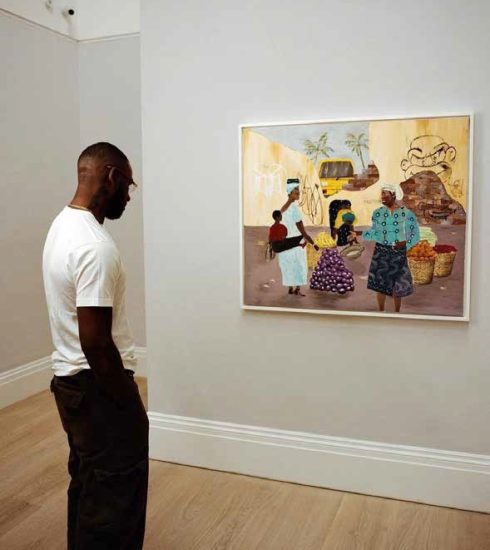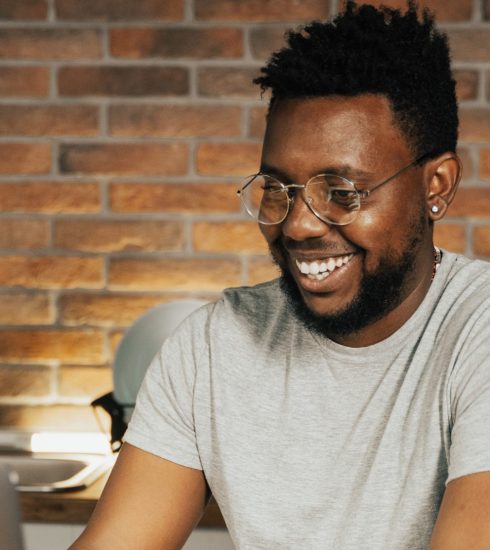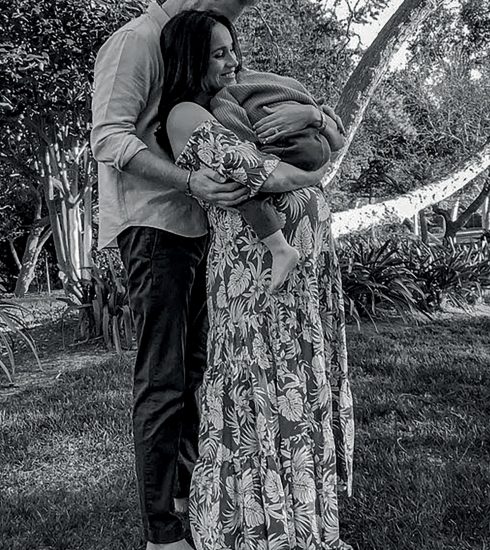Sinistral And So What? Demystifying The Age-old Left-handed Stigma
Conversations about culture are always interesting. And very polarising too. Of course, culture is what informs us of
our being. We’ve adopted these things—mostly subconsciously—from the moment our infant’s brain started working until today. But we must admit that some of them are questionable and, as an effect, cultivates a shame-based stigma-filled society like what left-handers have to go through in a culture where they are the vast minority, and
their daily operations are scrutinised differently.
There is a general taboo on left-hand use: Giving, receiving, eating, and drinking with the left hand are considered rude by virtually all members of the community. In Nigeria, transactions with any elder using the left hand is viewed as a lack of respect. “It is disrespectful to pass or receive something from elders with your left hand,” is the most popular social conditioning society has exerted on us through culture.
Many people don’t know the answer to the “whys”, but the questions are enormous. Why does a new mum worry
that her baby is left-handed and often tries to force their toddler to change? Why is there a handedness inequality between the left and right arms? Before we get into the nitty-gritty of it all, it is important to note that southpaws make up just 10 percent of the world population.
However, despite the years and years of extensive research, just why one in 10 people favour their left hand is a mystery. A straightforward genetic link hasn’t been proven, and two right-handed parents can have a left-handed child. Theories deemed responsible include genes, fetal development (in the womb), environment, etc. Researchers are still looking for answers to explain it.
So then, it is a typical case of society hating what they don’t understand. To understand what the average day in the life of a left-hander is like based on their handedness, I reached out to two left-handed friends—a man, Gabe, and a
woman, Chigozie, because, of course, inclusiveness— and the first thing Chigozie would say was, “Giving Yoruba people stuff with my left hand,” when asked about some of her weirdest encounters as a southpaw.
It’s no surprise that Yoruba people are very cultural, and even though there are a lot of unverified myths surrounding several of their cultural practices and ideologies, most of them have owned it as their truth. “Guy… the way I get attacked ehn! Even if I explain that I’m left-handed, they still go ‘Ehen? You must correct it.’ And I’m like, ‘correct what exactly?’” She recounts. She explains how difficult it is to ‘just correct it,’ “It’s reflex. If it doesn’t require both hands, I’ll most likely do whatever I need to do with my left hand.
But I’ve realised that this world isn’t designed for left-handers.” She’s not wrong. Have you ever tried to hold a
pair of scissors with your left hand? It’s not made for southpaws, just like the vast majority of most daily household
equipment designs. We live in a right-handed world.
For Gabe, the comments are similar; and endless. ‘No wonder you’re smart,’ ‘Can you draw?’ ‘How come you don’t
have good handwriting?’ ‘What hand do you clean up with after doing number 2?’ Getting treated like an alien is
not anyone’s desired treatment.
With Chigozie, it is ‘You are not normal; there must be a brain problem somewhere.’ She continued, “They’d (people) relate my constant headaches to my being left-handed. Then they’d google stuff and show me a part or two where the internet says southpaws are more prone to migraines.
Another one is when people see me write, they’d just say it casually and passively— this one no dey normal o, see as she dey write.” She became so tired of raising eyebrows and provoking the ridiculous questions and lashings that come with being a left-hander that she has to remind her subconscious each time to use her right hand sometimes.
She said, “I use my right hand a lot too. I feel like if you’re left-handed, you’re going to be ambidextrous to an extent.
Because even though your left hand is your dominant hand, with all the lash you’d get from people for using your left hand to do certain things, you’ll have to get used to using your right over time. So these days, I find myself giving other people stuff with my right hand because how many times in a day do I want to repeat that I’m left-handed?”
Society is fond of ostracising whoever or whatever is perceived as ‘abnormal.’ We can go on and on about the different cultural practices and ideologies that, although have not been found to hold water on a medical or ethical
basis, have festered into our lives littering an already heavily-polluted shame-based environment that we live in with more stigma.
Handedness is not a big deal; at least one that should never have warranted two whole pages anyway. Throughout history, we have seen very successful southpaws such as past American presidents—Barack Obama, Bill Clinton & George H.W. Bush, media mogul Oprah Winfrey, Nollywood superstars—Funke Akindele, Adesuwa Etomi, Desmond Elliot & OC Ukeje, former Lagos State Governor, Babatunde Raji Fashola, Prince William and so on, signing deals and legislation with their left hand.

Adesua Etomi-Wellington
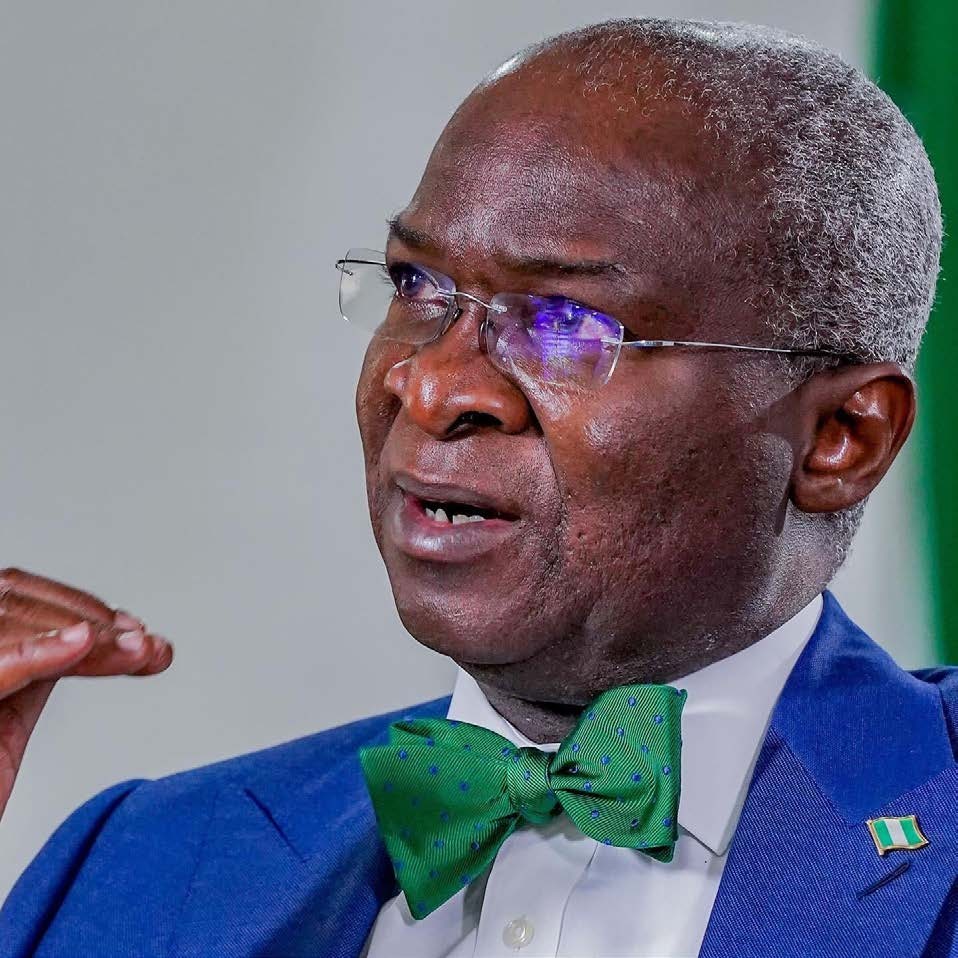
Babatunde Raji Fashola
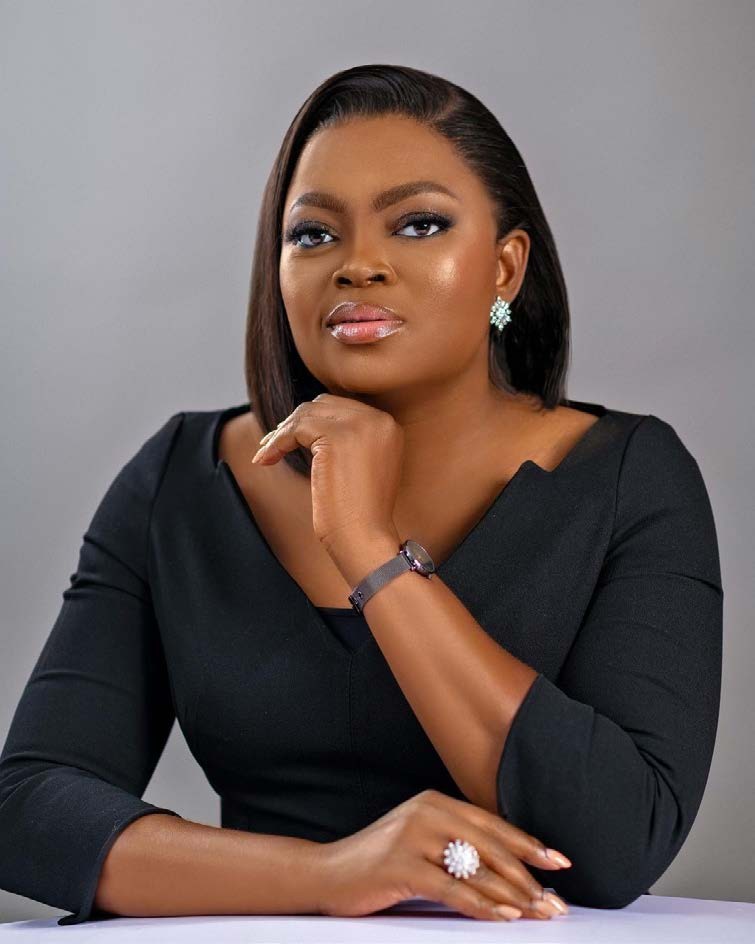
Funke Akindele

Barack Obama

Oprah Winfrey
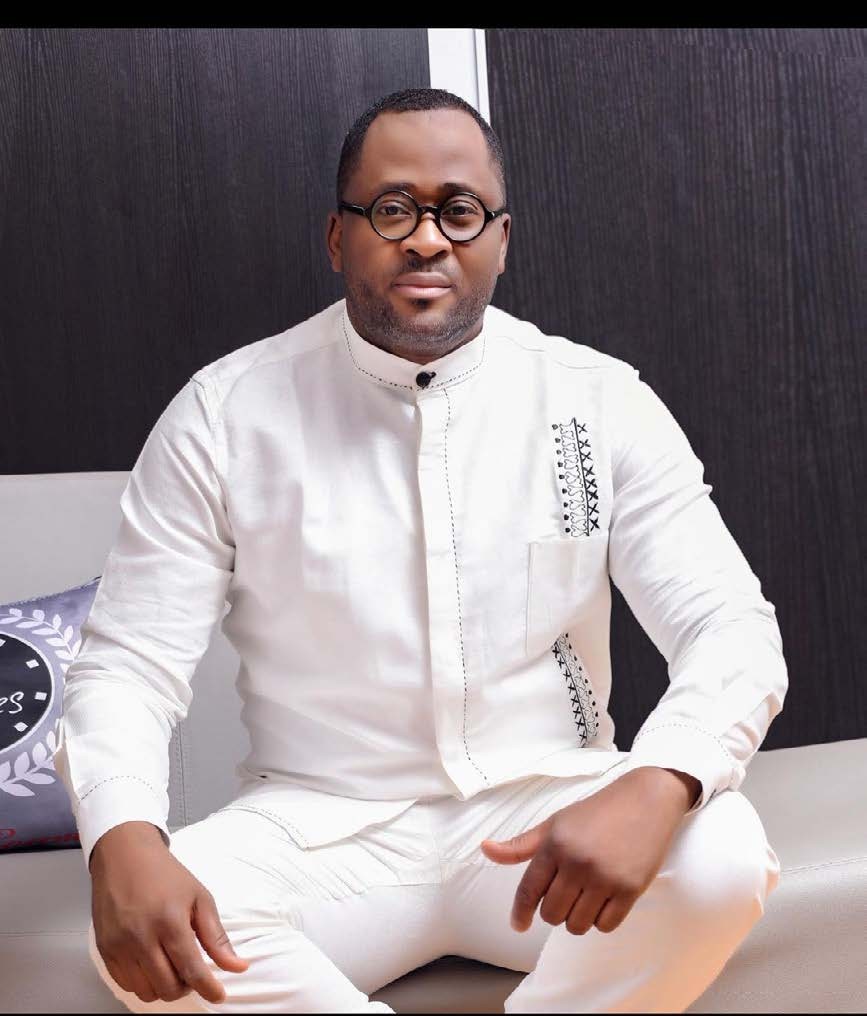
Desmond Elliot
However, being sinistral in Nigeria (and Africa by extension) is often blown out of proportion to be yet another reason to slap the “other” label on people whose story we can’t be bothered to understand.
Self-identifies as a middle child between millennials and the gen Z, began writing as a 14 year-old. Born and raised in Lagos where he would go on to obtain a degree in the University of Lagos, he mainly draws inspiration from societal issues and the ills within. His "live and let live" mantra shapes his thought process as he writes about lifestyle from a place of empathy and emotional intelligence. When he is not writing, he is very invested in football and sociopolitical commentary on social media.




